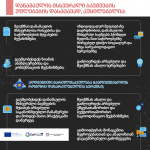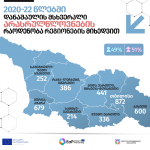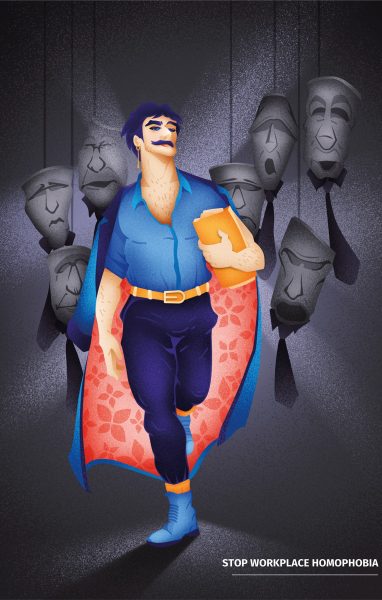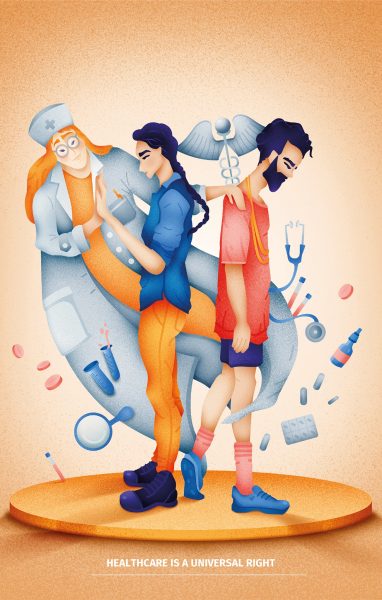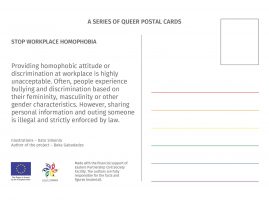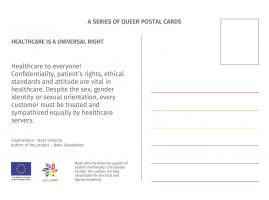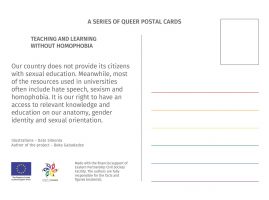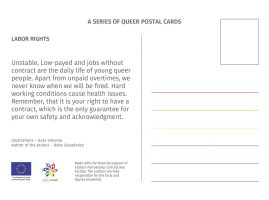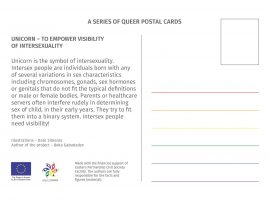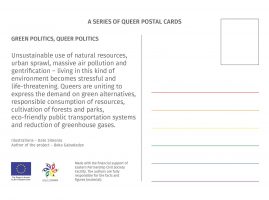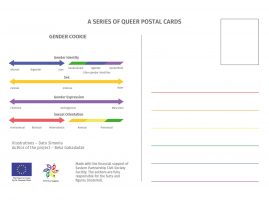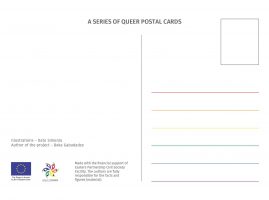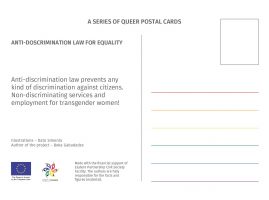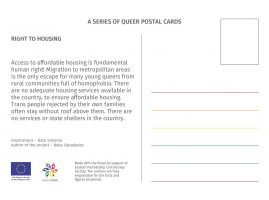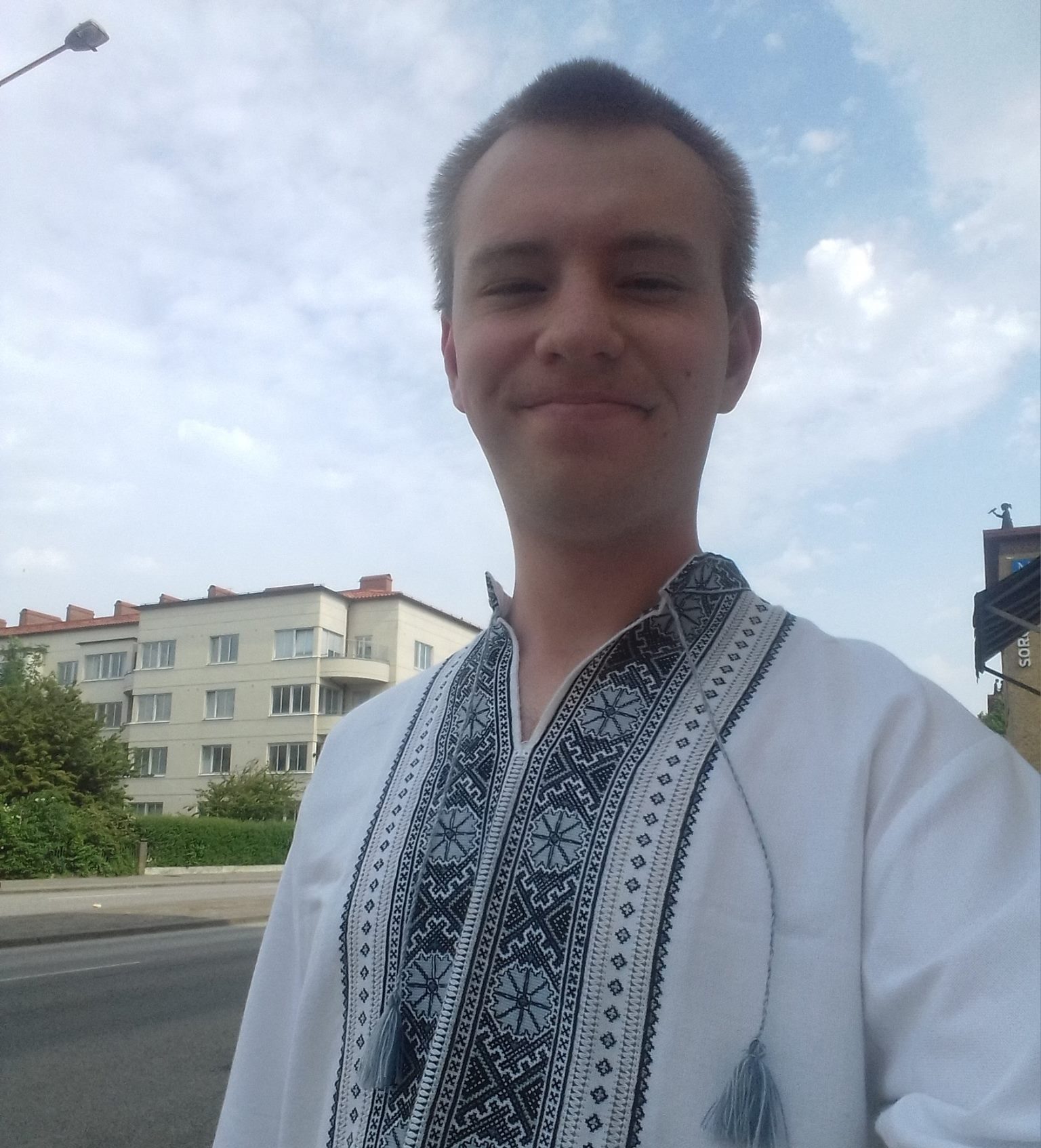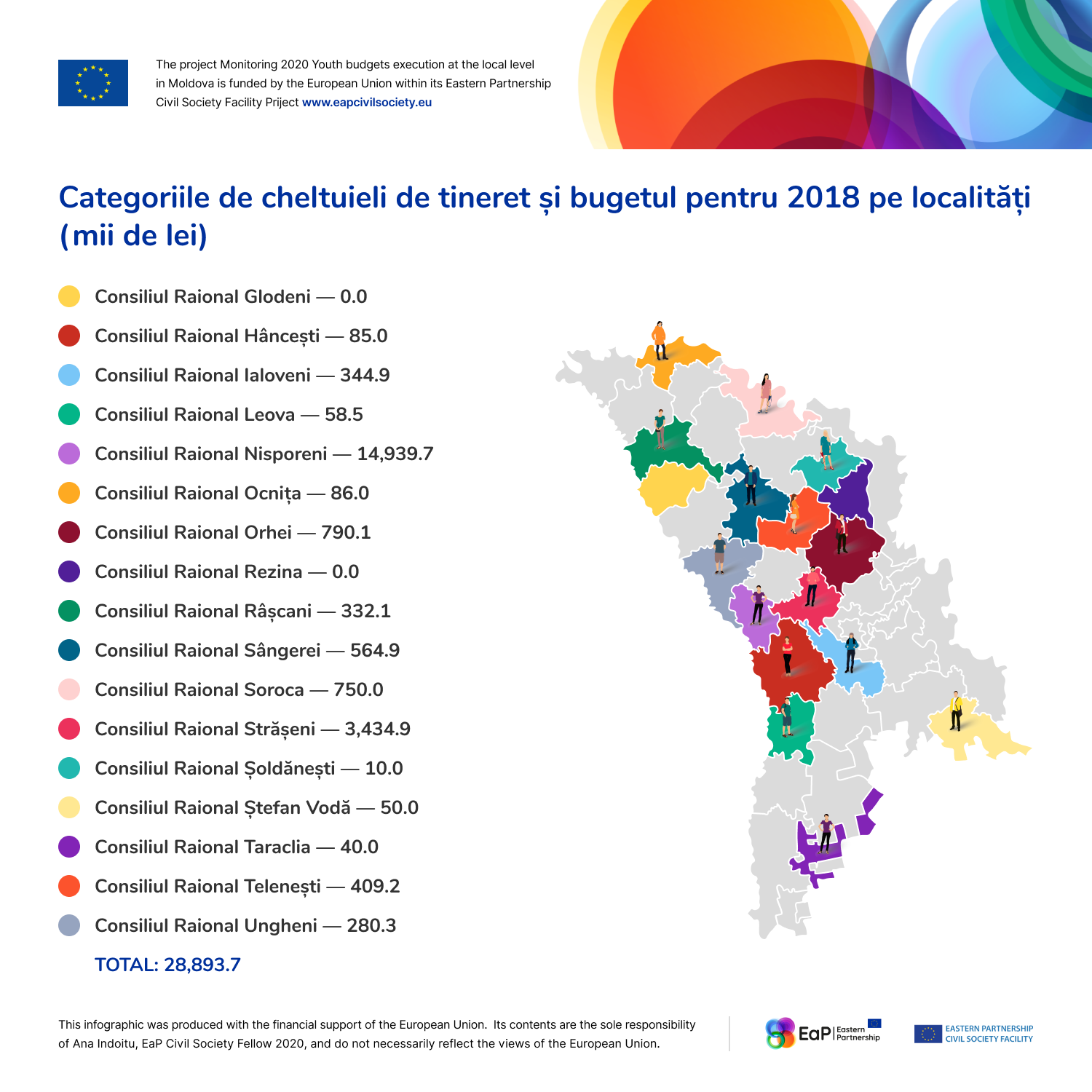Teona’s Fellowship project transformed the AskGov.ge platform into a dynamic civic tech tool that empowers Georgian citizens to hold public authorities accountable through freedom of information requests. The platform allows users to send official information requests to government institutions and makes both the requests and their responses publicly available, enabling greater transparency and building a growing public database for citizens, journalists, and activists alike.
Teona’s project also strengthened the broader transparency ecosystem in Georgia. She successfully mobilized and expanded the AskGov community, launched strategic partnerships with six leading European civic tech and transparency organizations, and facilitated the formation of a coalition of three Georgian CSOs advocating for access to information.
The platform’s visibility and impact gained international recognition: in May 2023, AskGov.ge was awarded the Tech Award at the Copenhagen Democracy Summit, marking a major milestone for civic tech innovation in Georgia.
Through interviews with users and an in-depth analysis of their needs, Teona oversaw both backend and user interface upgrades to improve accessibility and engagement. Her field visit to London in May 2022 provided key insights into how civic tech tools can be used to improve access to public data through innovative, citizen-focused solutions. She captured these learnings in a blog post “Unlocking the Power of Civic Tech: Reflections from My Journey to London”.
Today, AskGov.ge is more than a platform, it’s a movement. It offers a critical pathway for Georgia’s citizens to exercise their right to access public information. With an ever-growing community, improved functionality, and increasing responsiveness from public institutions, AskGov.ge is paving the way for more transparent, accountable governance in Georgia.





